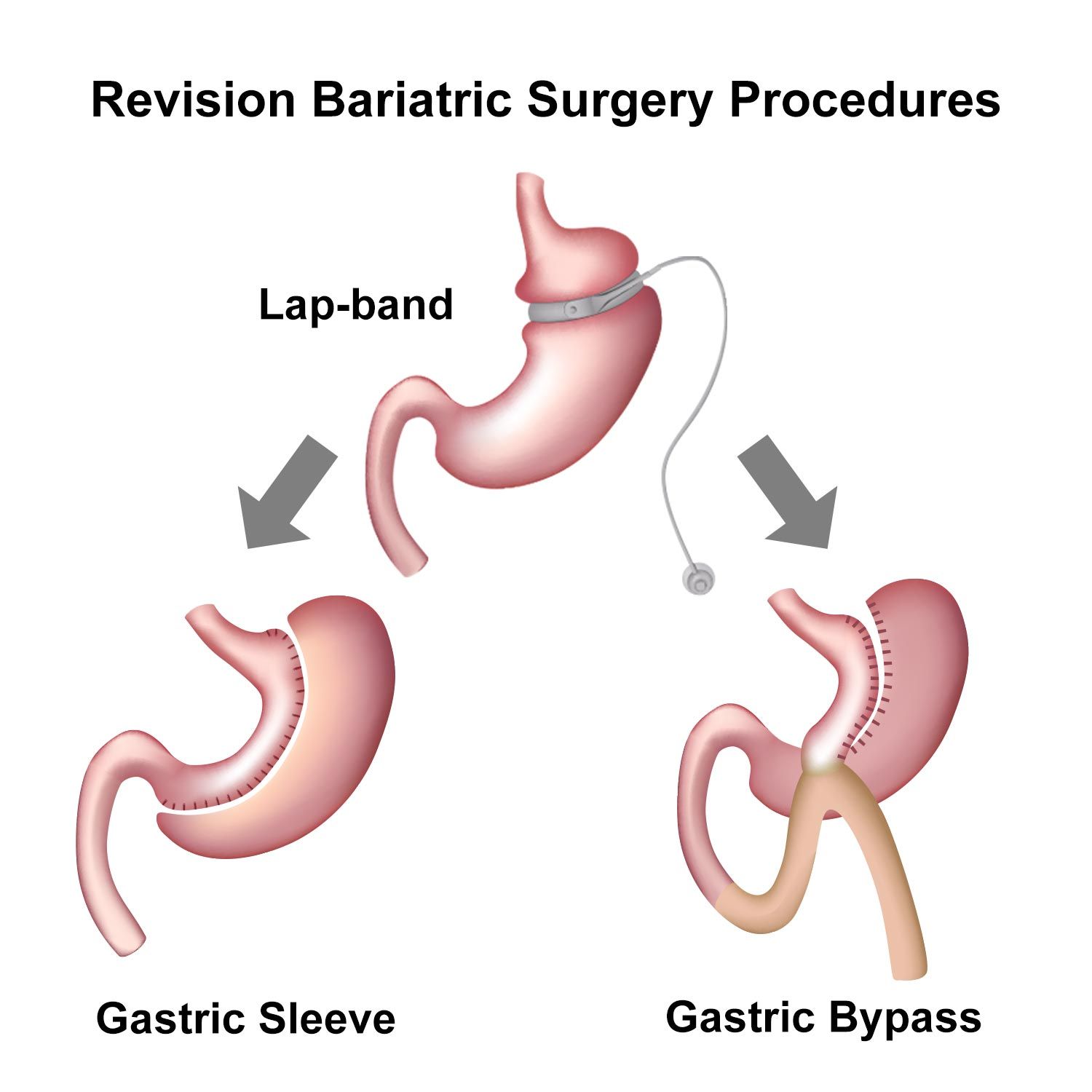- Home
- Meet the Team
- Bariatric Surgery
- Bariatric Surgery Overview
- Gastric Bypass Surgery
- Biliopancreatic Diversion with Duodenal Switch
- LAP-BAND®
- Sleeve Gastrectomy
- Tummy Tuck
- Revision Bariatric Surgery
- ORBERA™ Intragastric Balloon
- ReShape™ Non-surgical Weight Loss Procedure
- Body Contouring after Weight Loss Surgery
- Bariatric Surgery Recovery
- Lap Band to Sleeve
- Obalon Balloon System
- Non-surgical Weight Loss Procedures
- GERD Treatment (LINX®)
- Testimonials
- Reviews
- Locations
- Blog
- Photo Gallery
- Contact
- Site Map
GASTRIC BYPASS REVISION CAN HELP YOU LOSE WEIGHT AFTER AN UNSUCCESSFUL BARIATRIC SURGERY
Gastric bypass is one of the most common and successful weight loss surgeries available today. However, if you have not achieved the results you desire, or if you have regained the weight you lost, Dr. H. Joseph Naim can determine if you are a candidate for gastric bypass revision. At his Los Angeles, and Orange County, and Long Beach, CA, offices, he provides a variety of revision procedures. The team at Advance Bariatric Center is compassionate and highly experienced. We will determine the right revision technique for you, and we will work with you afterwards to help you achieve weight loss success.
Reasons That Gastric Bypass May Fail
The most common reasons for a need for gastric bypass revision are insufficient weight loss and regained weight. If you have not reached your goal, there may be one or more underlying factors. For example, it can be difficult to maintain proper diet and exercise following gastric bypass surgery. After your initial enthusiasm wanes, and the results slow down, you may slip back into old habits. Some patients have a low BMR (base metabolic rate), which means that you burn calories at a slower rate. This could affect your weight loss, even if you are following all post-surgical guidelines. In other cases, the stomach pouch or stoma (the opening between your stomach and small intestine) may have stretched. This means that you will not feel satisfied eating a smaller amount, and your food intake may increase over time.
To determine the right revision technique, Dr. Naim will often consult with your dietician, psychologist, gastroenterologist, endocrinologist, and other specialists.
Is Gastric Bypass Revision Right for You?
To determine your candidacy for gastric bypass revision, Dr. Naim will first evaluate your lifestyle. Revision is safe, but he wants to avoid unnecessary surgery. If he concludes that diet and exercise are the root of the problem, he will typically have you work with our dietician or a personal trainer. A trainer can also be helpful if you are struggling with a low BMR. On the other hand, if you have a healthy diet and exercise regimen, he will examine your stomach and small intestine. With a variety of imaging devices, he can look for signs of stretching or other physical problems.

Dr. Naim will use advanced technology to determine if surgery is necessary, and to determine which approach is best for your needs.
Types of Gastric Bypass Revision
There are several surgical approaches Dr. Naim may use to revise your gastric bypass results:
- Adjusting the size or shape of the gastric pouch during an endoscopic surgery. During this procedure, he will typically need to adjust the stoma, as well.
- Adding a LAP-BAND® to restrict the size of your stomach.
- Adjusting the bypass limb (intestinal segment that serves as the primary recipient of food intake). Dr. Naim may lengthen or reposition the limb, depending on your specific needs.
- Changing the shape of the gastric pouch.
To determine the right revision technique, Dr. Naim will often consult with your dietician, psychologist, gastroenterologist, endocrinologist, and other specialists. Taking this multidisciplinary approach, he can determine the safest and most successful option for you.
Contact Advance Bariatric Center
If you have experienced unsatisfactory bariatric surgery results, and you are ready to achieve dramatic weight loss, contact our office online or call (310) 684-4070. Dr. Naim can help you determine a new strategy to achieve your goals.





